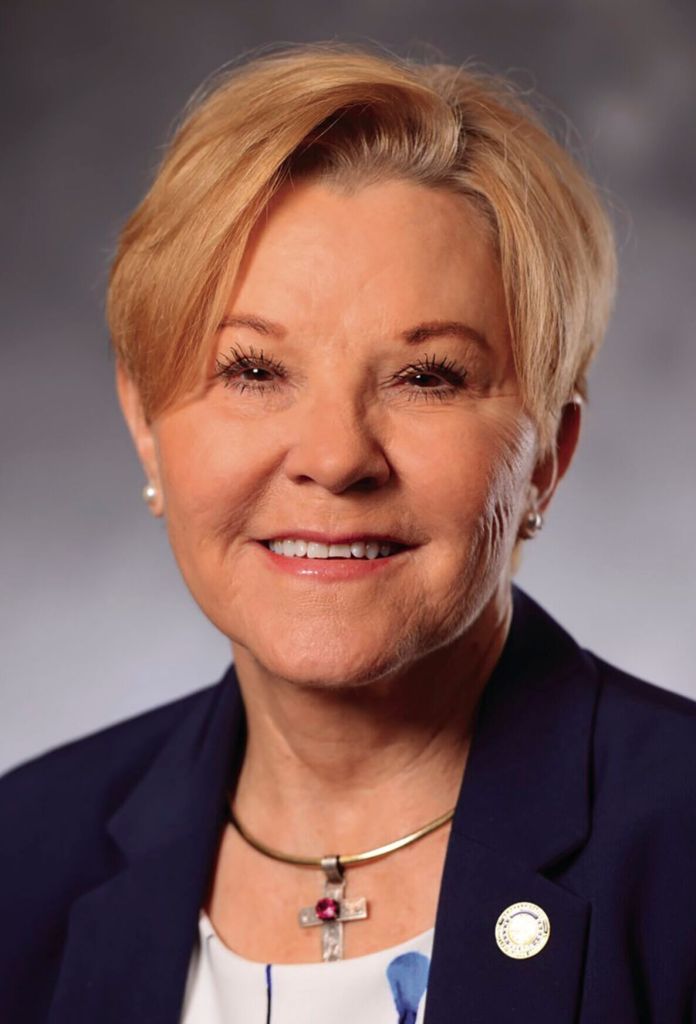Other views: Upholding the spirit of Oregon Department of Fish and Wildlife
Published 6:00 am Saturday, March 30, 2024
As a concerned citizen and elected representative who is deeply invested in the preservation of Oregon’s natural heritage, I feel compelled to voice my apprehensions regarding Chair Mary Wahl’s tenure within the Oregon Department of Fish and Wildlife Commission, particularly in light of the impending appointment of a new director for ODFW.
I believe it is imperative to address the issues of apparent overreach, misrepresentation of conservation efforts and neglect of rural Oregon’s interests in wildlife management.
Recent events have shed light on concerning disparities in Wahl’s approach, especially concerning the management plans for various wildlife populations such as wolves, deer, elk, bear and cougar. There are troubling indications that her decisions may diverge from the outlined objectives in these plans, potentially jeopardizing the efficacy and credibility of wildlife management efforts across our state.
Moreover, Wahl’s portrayal of conservation efforts in Oregon seems to paint a misleading picture that neglects the stark realities faced by rural communities. By failing to acknowledge the substantial financial burdens borne by these communities in managing wildlife populations, including damage to crops, livestock, and property, Wahl perpetuates a harmful disconnect between ODFW leadership and the communities most directly impacted by wildlife management decisions.
We have observed instances where Wahl’s decisions appear to prioritize interests outside of ODFW’s core mission, potentially undermining principles of sustainable wildlife management and conservation. Such actions not only risk compromising the well-being of wildlife populations but also threaten the delicate ecosystems they inhabit.
Furthermore, there are concerns that Wahl may disproportionately represent urban interests, potentially overlooking the significance of hunting and fishing in wildlife management. It is crucial to recognize that a substantial portion of ODFW’s budget relies on tags, with approximately 90% of funding derived from these sources.
Therefore, it is imperative that decisions made by ODFW leadership reflect the diverse interests and needs of all stakeholders, including hunters, anglers and rural communities.
Of particular concern is Wahl’s approach to the wolf plan, which holds significant importance in managing wolf populations while addressing the concerns of stakeholders across Oregon. Any deviation from the objectives outlined in this plan could have profound implications for wildlife conservation and the communities and ecosystems affected by wolf presence.
As a former ODFW Commission chair and member myself, I remain committed to preserving Oregon’s natural resources. It is vital that leadership within the department remains steadfast in upholding ODFW’s core mission and demonstrates unwavering commitment to transparent, inclusive and science-based wildlife management practices.
I want to ensure that ODFW remains dedicated to protecting and enhancing Oregon’s fish and wildlife resources for the enjoyment and benefit of present and future generations.
The integrity of our wildlife management depends on it.










